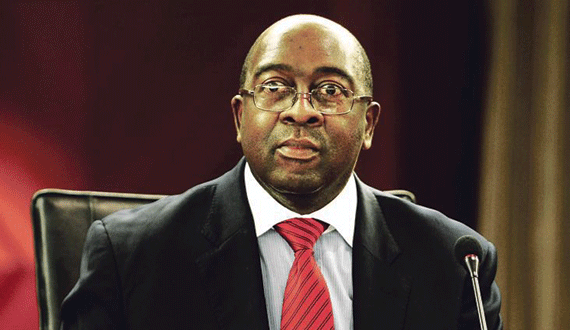
JOHANNESBURG – The Public Investment Corporation (PIC), which invests R1,6 trillion on behalf of the Government Employees Pension Fund (GEPF) and other State entities, plans to invest R2,5 billion on the African continent in the current financial year.
This is in line with its commitment to have $1bn of its portfolio invested in the rest of Africa, $500 million for developmental investments and $500m in private equity.
Last year the PIC’s biggest transaction in Africa was the acquisition of a 1,5% stake in Nigerian-listed Dangote Cement for $289m.
Its first investment in the rest of Africa after the change in the PIC’s investment mandate was the $250m investment made in Ecobank which has exposure to more than 30 countries in Central Africa.
These investments are in line with the GEPF’s investment mandate, which was changed in 2011 to require the PIC to commit 5% of assets under management for investment in the rest of Africa, and another 5% to global bonds and equities.
Investments in the rest of Africa currently represent 0,5% of the PIC’s total R1,6 trillion assets under management, which grew from the previous year’s R1,4 trillion.
Acting chief executive officer Matshepo More said in the corporation’s annual report tabled in Parliament that the PIC planned to invest a further R2,5bn in the rest of the continent in the current financial year.
“The PIC is in good financial health with its profitability at R209m as at March 31 2014, up from R130m at the end of the 2013 financial year.”
- Chamisa under fire over US$120K donation
- Mavhunga puts DeMbare into Chibuku quarterfinals
- Pension funds bet on Cabora Bassa oilfields
- Councils defy govt fire tender directive
Keep Reading
Of total assets under management, 49% is invested in local equities, 32,4% in local bonds, 7% in cash and money-market instruments, 4,39% in properties and 5,36% in offshore equity and bonds.
During the 2013 to 2014 financial year R11,4bn worth of unlisted investments were approved, of which R4,8bn has already been disbursed.
The PIC is increasingly expected by the government to contribute towards socioeconomic development, and its performance in this regard was highlighted by Finance minister Nhlanhla Nene, who is also chairman of the corporation.
PIC investments had created in excess of 7 805 direct and indirect jobs, and sustained 78 636 jobs.
“The PIC is emerging as a leader in the development of green industries by directly and indirectly funding renewable energy projects that will generate in excess of 1 558 megawatts of electricity,” he said.
The PIC has entrusted R50bn of its funds to black asset managers as a way of spurring change in the asset management industry. It approved R6,9bn in unlisted developmental investments last year and plans to invest at least R2bn in social and economic infrastructure this year.
It also emerged from the PIC’s annual report tabled in Parliament that it had cast votes at 232 shareholder meetings in the past year, of which 6% were votes against proposed resolutions.
The bulk of the votes (50%) opposed proposals on remuneration policies with the rest against capital structures (32%), the re-election of directors to the audit committee (10%) and non-executive director fees (4%).
– BDLive










